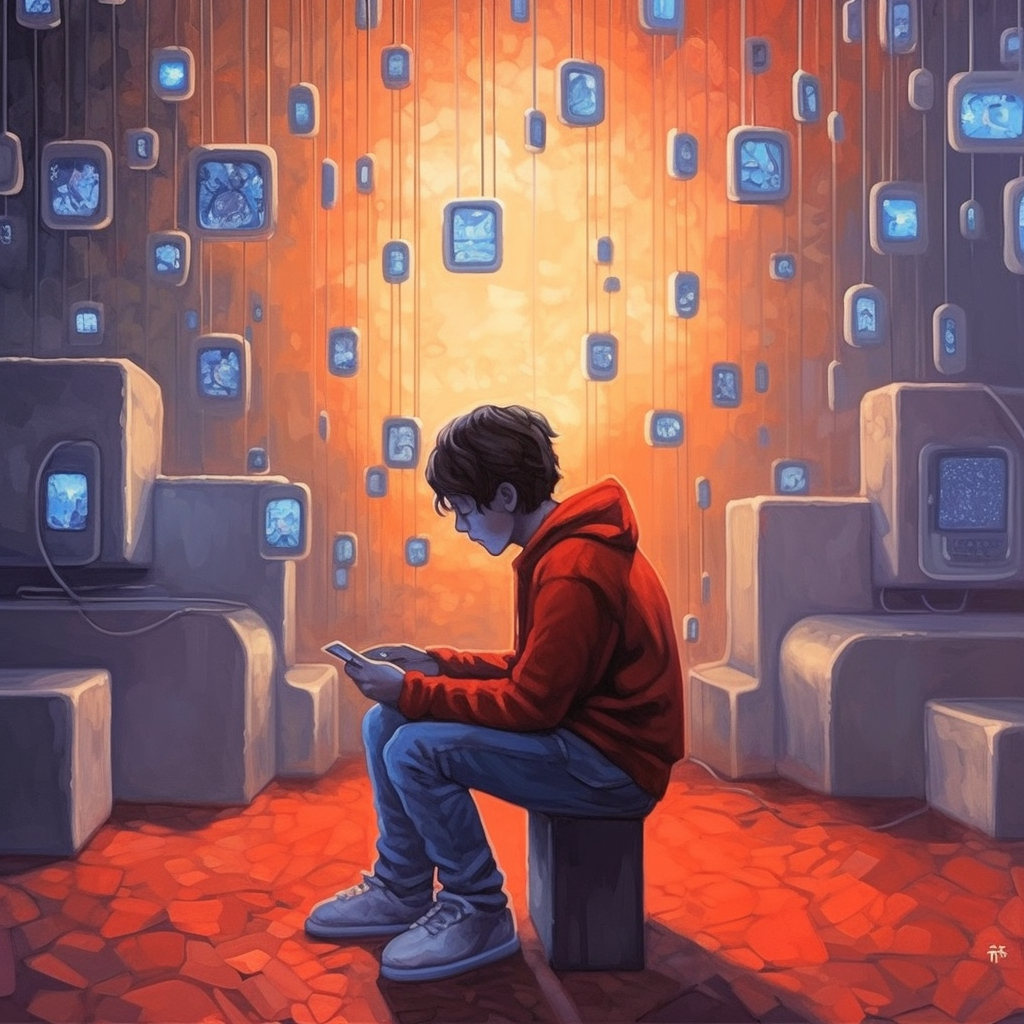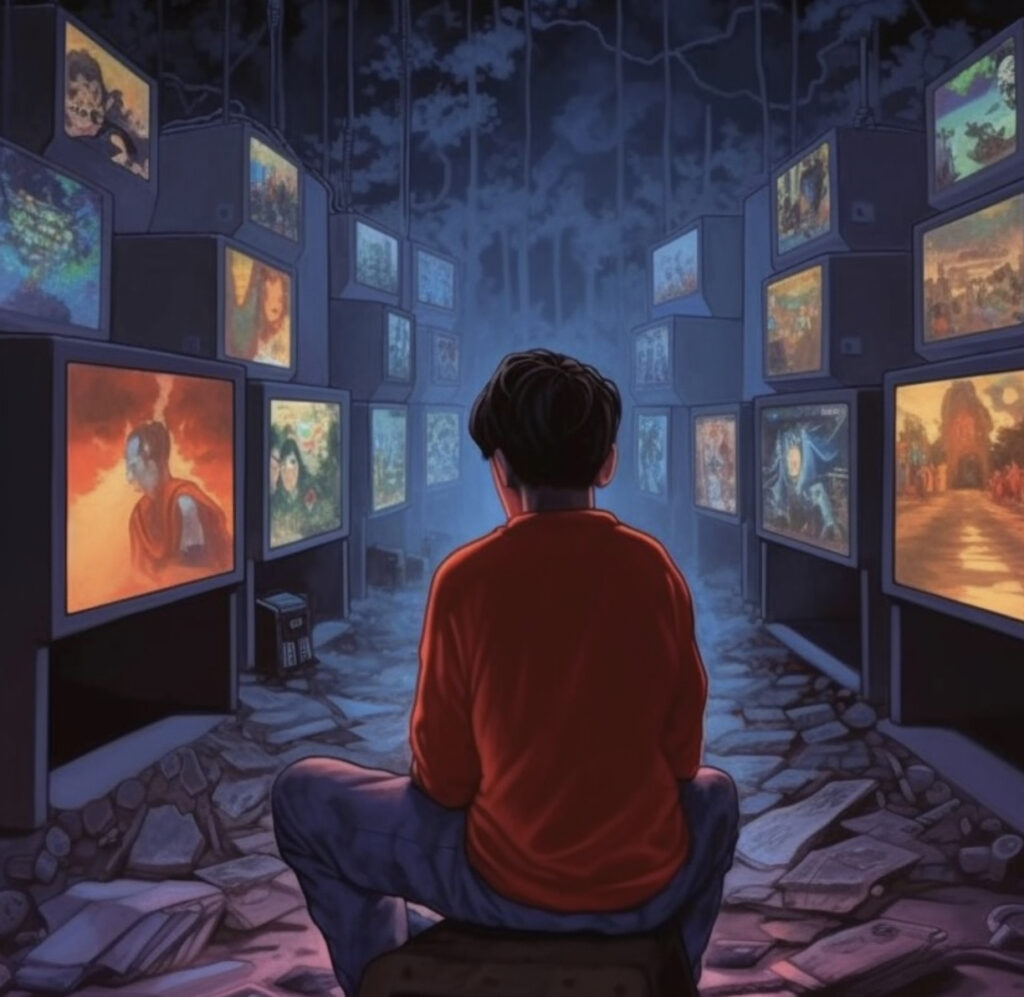Humility, a virtue revered across cultures and religions, is often equated with meekness, weakness, or self-abnegation. Yet, as Di Tran, author of “Drop the FEAR and focus on the FAITH,” profoundly articulates, true humility requires a deep-seated courage and a wealth of life experience. He declares, “It takes courage to be humble and it surely takes experience to be really humble.” These words ring true in understanding the multifaceted nature of humility and how it is shaped by life’s vicissitudes.
True humility is not a sign of weakness, but an expression of inner strength. It prompts us to take a step back and view the world from a broader perspective. It compels us to recognize that the world and the universe are composed of myriad elements, all interdependent and reliant on one another for survival. This realization, in turn, helps us understand our place within this grand scheme and inspires us to strive to do our part to the best of our abilities.

By embracing humility, we are encouraged to become the best version of ourselves—not through boasting about our achievements or flaunting our skills, but by committing to excellence in what we do. The humble person is aware that they are a part of a larger whole and that their best contribution comes from doing their individual part with dedication and integrity. They understand that their unique role, no matter how big or small, has value and that by doing it to the best of their ability, they contribute to the functioning and harmony of the universe.
As Tran suggests, humility is not a trait that comes without effort. It requires the bravery to acknowledge our own limitations, to accept that we don’t have all the answers, and to admit when we are wrong. To do this, we must overcome our natural inclination towards self-preservation and ego-protection, making it an act of great courage.
Yet, as Tran argues, it’s not just courage that fosters humility—it also demands experience. One does not simply wake up one day brimming with genuine humility. It is a trait forged in the crucible of life experiences, reinforced by struggle, failures, and comebacks. Every stumble and rise in life contributes to the cultivation of humility. As we learn from our mistakes, overcome hardships, and navigate the highs and lows, we gain a more nuanced perspective of ourselves and the world around us. This process of experiential learning enables us to appreciate others’ experiences and struggles, fostering a more empathetic, humble outlook on life.
However, the path to humility, lined with courage and experience, is not an easy one. It’s strewn with discomfort as it challenges our ego, our desire for recognition, and our instinctive fear of insignificance. But, as Tran emphasizes in his book, “Drop the FEAR and focus on the FAITH,” it’s crucial to let go of our fears and shift our attention towards faith—not just religious faith, but faith in our capacity for growth, change, and resilience. In this context, faith becomes a tool for maintaining courage and navigating the roller-coaster ride of life experiences, ultimately leading us towards genuine humility.

In conclusion, humility is not a trait born out of passivity or lack of self-confidence. Instead, it is a powerful virtue that demands courage, is cultivated through experience, is strengthened by our understanding of our place in the universe, and is continually shaped by life’s inevitable ups and downs. As individuals committed to personal growth and building a compassionate society, we must strive to embody the insight that Di Tran imparts to us—that true humility is an act of bravery, a product of experience, and a testament to our journey through life




